Description
Hexagonal Thinking is a fun review game using hexagons to show key relationships between events, people, places and vocabulary terms. With this resource, students are challenged to place hexagonal shape cards representing key ideas from the Colonization Era in a way that shows the relationship between different parts of history.
With this purchase, you receive:
-60 different cards to use in the game, and
-directions for the game.
⭐Please download the preview to see more information on this resource. ⭐
5th Grade Social Studies TEKS
(1) History. The student understands the reasons for and the role of key people in the European colonization of North America beginning in 1565, the founding of St. Augustine. The student is expected to:
(A) explain when, where, and why groups of people explored, colonized, and settled in the United States, including the search for religious freedom and economic gain; and
(B) describe the accomplishments of significant individuals who settled for religious freedom and economic gain during the colonial period, including William Bradford, Anne Hutchinson, William Penn, John Smith, and Roger Williams.
(6) Geography. The student understands places and regions in the United States. The student is expected to:
(A) describe political and economic regions in the United States that result from patterns of human activity;
(B) describe regions in the United States based on physical characteristics such as landform, climate, and vegetation;
(9) Economics. The student understands the basic economic patterns of early societies in the United States. The student is expected to:
(A) explain the economic patterns of early European colonies; and
(B) identify major industries of colonial America such as shipbuilding and growing of cash crops.
(12) Economics. The student understands patterns of work and economic activities in the United States. The student is expected to:
(A) compare how people in different regions of the United States earn a living, past and present;
(B) identify and explain how geographic factors have influenced the location of economic activities in the United States;
(13) Government. The student understands the organization of governments in colonial America. The student is expected to:
(A) compare the systems of government of early European colonists, including representative government and monarchy; and
(B) identify examples of representative government in the American colonies, including the Mayflower Compact and the Virginia House of Burgesses.
(23) Social studies skills. The student applies critical-thinking skills to organize and use information acquired from a variety of valid sources, including technology. The student is expected to:
(B) analyze information by applying absolute and relative chronology through sequencing, categorizing, identifying cause-and-effect relationships, comparing, contrasting, finding the main idea, summarizing, making generalizations and predictions, and drawing inferences and conclusions;
(C) organize and interpret information in outlines, reports, databases, and visuals, including graphs, charts, timelines, and maps;
(D) identify different points of view about an issue, topic, historical event, or current event; and
(E) identify the historical context of an event.
********************************************************************
© Social Studies Success® This purchase is for you and your classroom. Duplication for an entire school, an entire school system, or for commercial purposes is strictly forbidden. Please have other teachers purchase their own copy. If you are a school or district interested in purchasing several licenses, please contact me for a district-wide quote. D
Please review all product descriptions and previews. If you have a question, contact me before you purchase at SocialStudiesSuccess1@gmail.com. As this is a digital product, all sales are final.
❤️ Dawn

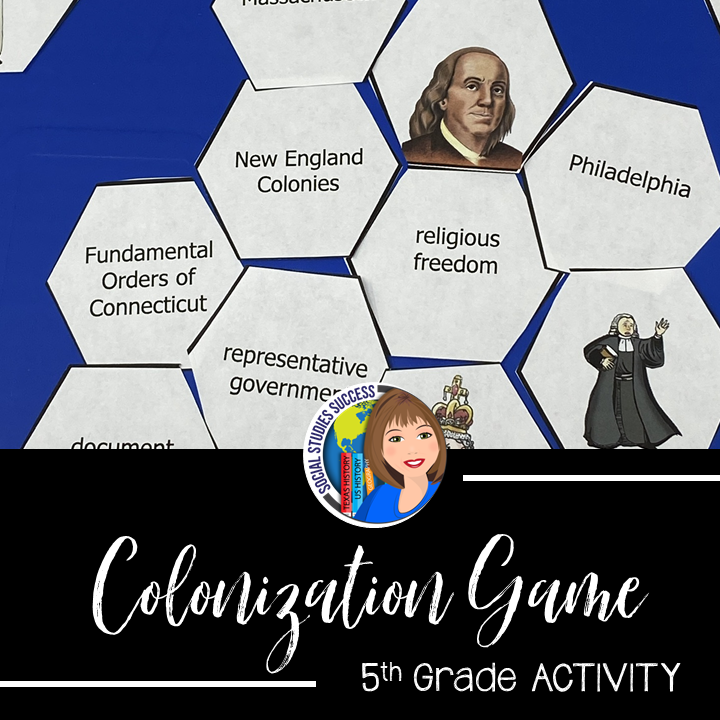
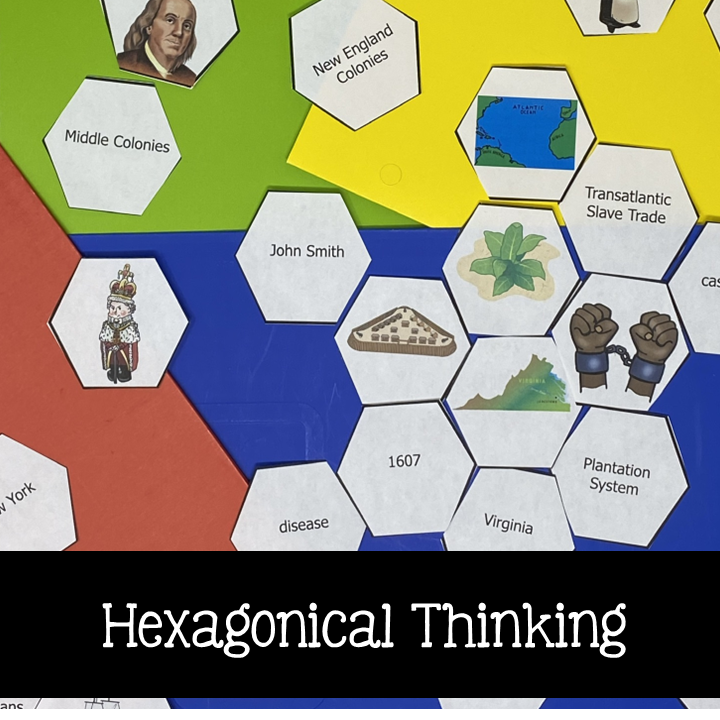
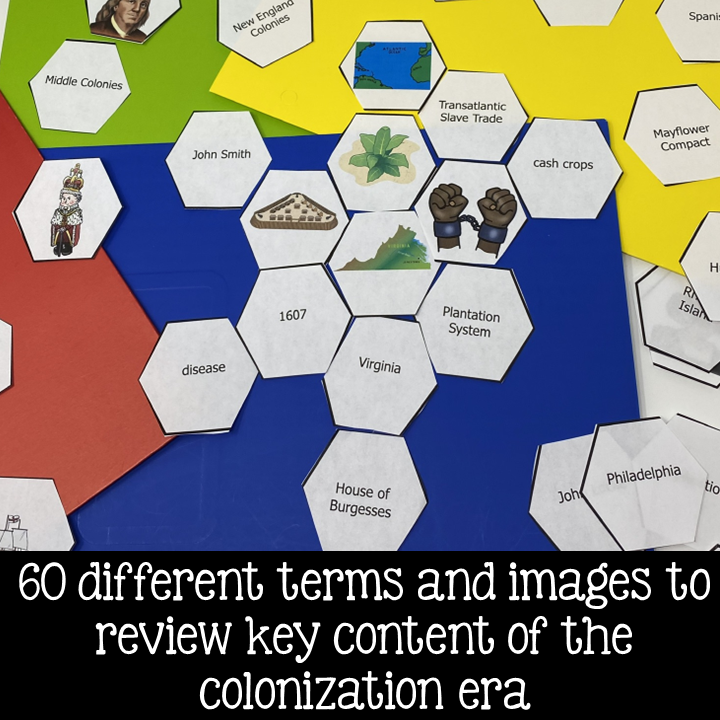


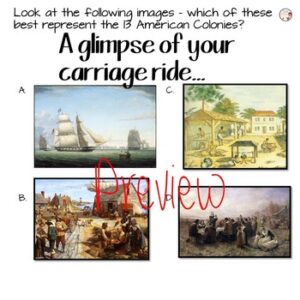
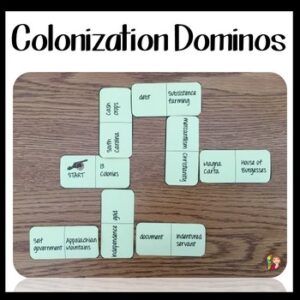
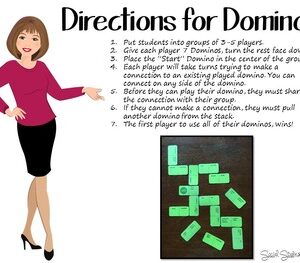

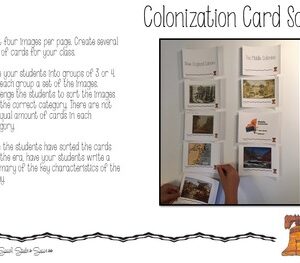

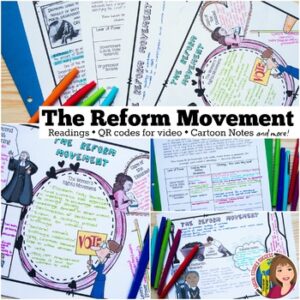


Reviews
There are no reviews yet.